Gender stereotypes in childhood remain an omnipresent, yet often overlooked phenomenon that profoundly influences childhood development and well-being.
From the games they play to the roles they are expected to assume, boys and girls receive consistent messages about what it means to be male or female.
We will explore some subtle manifestations of gender stereotypes in childhood in this write-up such as their sources, functions as well as consequences on young people’s lives.
Furthermore, we shall also expound on how these gender stereotypes in childhood can affect different aspects of children’s lives.
But first, let’s see how gender stereotypes in childhood usually start!
How Does Gender Stereotyping In Early Years Work?
Gender stereotyping in early years of a child usually start during socialization when kids are introduced to cultural norms, values, and expectations about gender roles.

Gender stereotypes in childhood usually happens like this:
1. Impact of Families
Immediate family members teach children what they should know about sexual orientation and gender roles. Parents unconsciously reinforce these by giving sex-related chores, toys, or games to their kids.
For example, while boys are encouraged to engage in rough play and play with trucks, girls are directed towards dolls and nurturant activities.
2. Media and Entertainment:
Media such as television programs, movies, books and advertisements greatly contribute to the reinforcement of gender stereotypes in childhood. Most of the time, however, characters portrayed in most movies have traditional male or female behavior.
From fairy tales for children to cartoons all these are responsible for shaping gender stereotyping among young kids.
For example, there is a large number of strong brave males but fewer feminine caring females.
3. Peer Pressure:
Young people learn to recognize and imitate behaviors that accord with cultural norms regarding gender when they interact with their peers. Friends’ groups use games language and rules to perpetuate stereotypes about sex.
The desire for acceptance may force children into conformity with established standards of masculinity or femininity within certain groups they belong to.
4. Education Environment:
Some school systems both formal and informal have been designed in ways that can either challenge or maintain gender stereotyping in early years.
When interacting with students at school during classroom activities like story reading sessions teachers may end up promoting prejudices unknowingly because it depends upon individual child`s sex/son preference for this category.
Girls could be encouraged more in arts & languages whereas boys might be steered towards mathematical/scientific subjects for instance
5. Cultural/Societal Factors:
Culture and society play a significant role in shaping gender stereotyping during early childhood years.
Different cultures prescribe specific ways in which men/women should behave; dress or interact with others thus making it hard for individuals or communities to question such expectations since they have been inherited across generations.
6. Implicit Bias:
There are unconscious biases among adults with respect to gender that might influence how they relate to children. However, even well-meaning people may reinforce gender roles inadvertently when they praise boys for being forceful, or girls for being polite, etc.
In summary, sex-role stereotyping of young children is a complex issue influenced by many factors including family configuration; representation in the media; interaction with peers through schools and broader society around them including education policies/practices etc.
For all this to happen, parents must play their role as well as teachers/media production houses and generally the larger society – it should be a collective work towards this goal of enabling every child to have an equal opportunity regardless of his/her area of interest.
Read More: How to Raise a Child with Autism: 5 Vital Tips and Examples!
7 Harmful Effects Of Gender Stereotypes In Early Childhood
gender stereotyping in early years can be very problematic for children’s development and well-being.

Here are seven effects of gender stereotypes in childhood:
1. Baffling possibilities
Gender stereotypes during childhood can also bind the future of children and limit their potential by limiting the roles or expectations that should be played by them based on their sex.
For example, boys may shy away from dance or art due to societal perceptions of masculinity while girls may be discouraged from participating in sports or engineering perceived as ‘masculine’.
Curiosity, creativity and personal growth among children are stifled by such limitations; kids are only allowed to use a fraction of their talents/interests and thus they cannot achieve excellence in any area of life.
2. Insufficient self-esteem:
There is a likelihood that children who don’t comply with sex role norms may experience low self-esteem/self-worth.
When these people realize that things do not go according to the expectations of society about how boys/girls should behave, dress up interact, etc., they might start thinking negatively about themselves and what they can do.
A person who lacks confidence due to internalized oppression feels inadequate and hence does not believe in his/her abilities therefore causing mental unrest and hindering personal success across all spheres.
3. Understatement:
It is impossible to freely express oneself as well as be creative when boys are taught what is considered appropriate for each sex in terms of looks, hobbies, or conduct at an early age thus preventing genuine communication between different individuals.
From a very young age girls must receive school training about what it means to look like a girl or boy therefore this restricts their ability to communicate authentically with others.
On one hand, boys might feel that showing any sign of emotions or interest for feminine associated things is not good while on the other hand girls may be expected to act passive or caring just like traditional roles played by women.
In this regard, limited expression retards emotional development in children which hampers healthy relationship formation hence hindering overall happiness plus authenticity.
4. Peer Pressure:

Normally, children find themselves having to conform to societal expectations about gender and this can only be possible by being supported by their friends, or else their friends will shun them hence the need for conformity.
An example of gender stereotypes in childhood can be seen in school playground messages set by the school boards themselves.
Any child who cannot meet these standards ends up being outcasted, made fun of, or even bullied by peers thus forcing them into hiding certain parts of themselves so as to fit within the required framework.
This desire for uniformity combined with fear of evaluation makes it difficult for kids to be themselves around others and have meaningful relationships.
Read More: 10 Effective Ways to Help Teens Deal with Mood Swings In Puberty!
5. Conflict and Bullying:
The tendency to display non-conforming gender behaviors among children often results in becoming laughingstock, bullying victims or exclusion from their peers thereby leading to conflicts between them.
Boys who are considered “feminine” may therefore face ridicule when they express interest in things perceived as weak or ‘girly’ while girls engaging in what is interpreted as masculine activities may be looked down upon as bossy or tomboyish.
This kind of mistreatment combined with isolation has severe consequences on children’s emotional well-being making them feel solitary especially since they have brought shame and worry about themselves undermining their self-esteem and sense of belonging.
6. Fewer Career Options:
Professional paths that children find appropriate for their future career may be narrowed by gender stereotypes in childhood.
Once they are grown up, they are influenced by society’s expectations of what is suitable for boys or girls and therefore, it distorts their dreams in life as well as goals.
For example, boys are often encouraged to take science courses related to engineering and mathematics while girls are advised in fields such as home economics, teaching, and nursing.
Therefore due to this he implies that children will only know a few careers hence there will be no recognition of talents and interests fully leading to gender imbalances within the labor market.
7. Gender Inequality & Discrimination
Gender stereotypes in childhood can be seen through sex roles which perpetuate systemic gender inequality and discrimination where some duties, conduct or qualities are attributed more often to one sex than another.
In addition, this belief system entrenches harmful prejudices thereby causing disparities in power distribution, and opportunities between males and females
This is because when children think that being aggressive is what boys should always do while girls must be soft caring emotional beings then it means that they have got wrong impressions about the same.
We can prevent all these bad consequences if we start challenging this assumption from childhood itself; so inclusive environments should be created where free self-discovery irrespective of one’s gender is allowed.
Read More: How To Avoid Parental Gaslighting: 5 Effective Tips For Parents!
We Have A Duty As Parents
To wrap up this discussion of gender stereotypes in childhood, it is important to consider how much these beliefs can impact the well-being and lives of young people.
Education, raising consciousness, and lobbying are means we believe can be employed to confront and dismantle gender stereotypes in childhood.
Therefore, we call on parents, policy makers, teachers; and communities worldwide to support us to realize this dream together.
No child should be left behind or limited by harmful ideas about prescribed masculinity or femininity which society forces upon them based on gender only if we work hand in hand with each other.
Frequently Asked Questions (FAQs)
1. How do gender stereotypes in childhood affect development?
Effects of gender stereotypes can limit potential, lower self-esteem, restrict expression, induce social pressure and conflict, narrow career choices, perpetuate inequality, and foster discrimination, hindering holistic development.
2. What role do families play in perpetuating gender stereotypes?
Families often reinforce stereotypes by assigning gender-specific tasks, toys, and behaviors to children, inadvertently perpetuating societal norms and expectations.
3. How can educators challenge gender stereotypes in schools?
Educators can promote inclusivity by offering diverse role models, avoiding gendered language and activities, and encouraging all students to explore interests and talents freely.
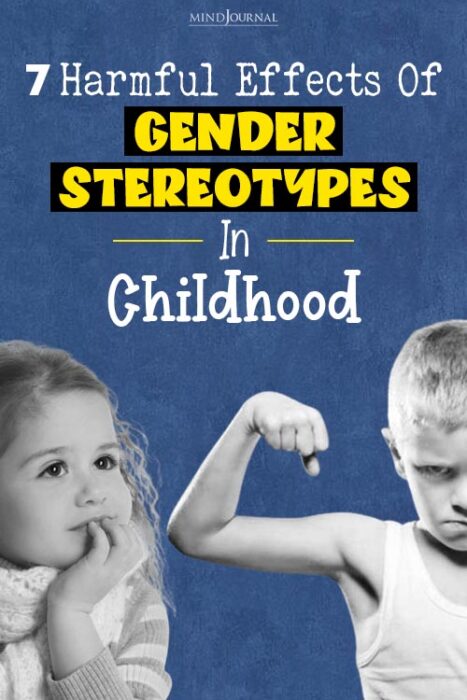
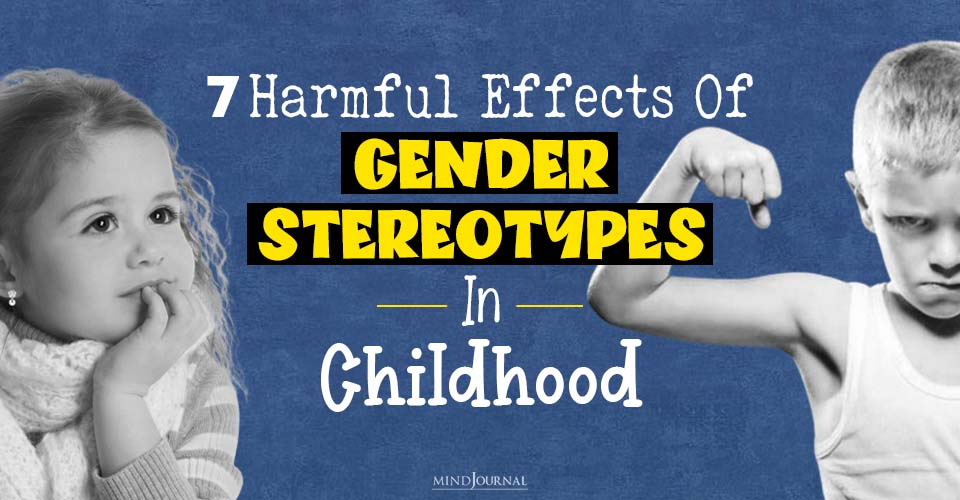


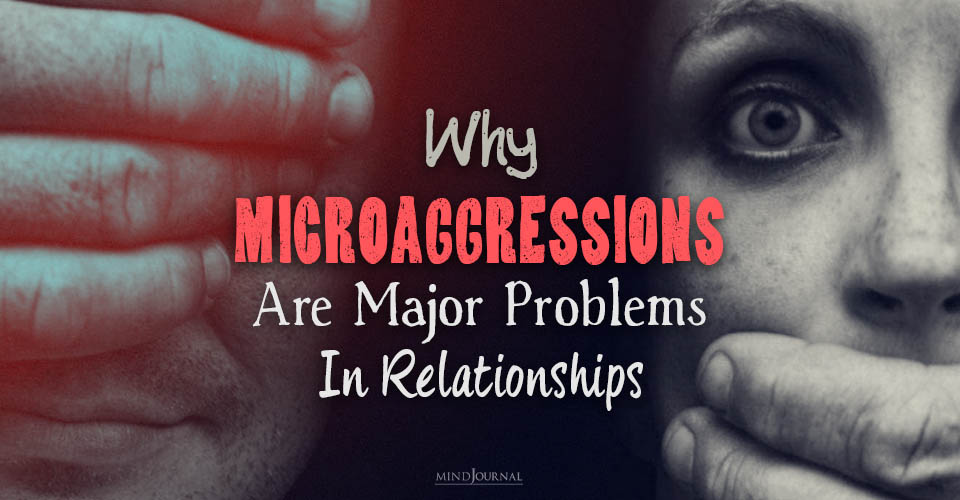

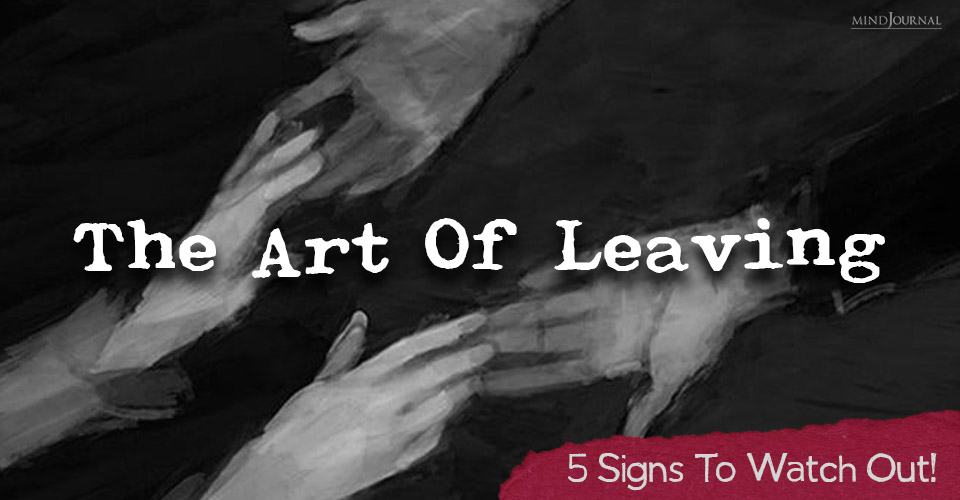



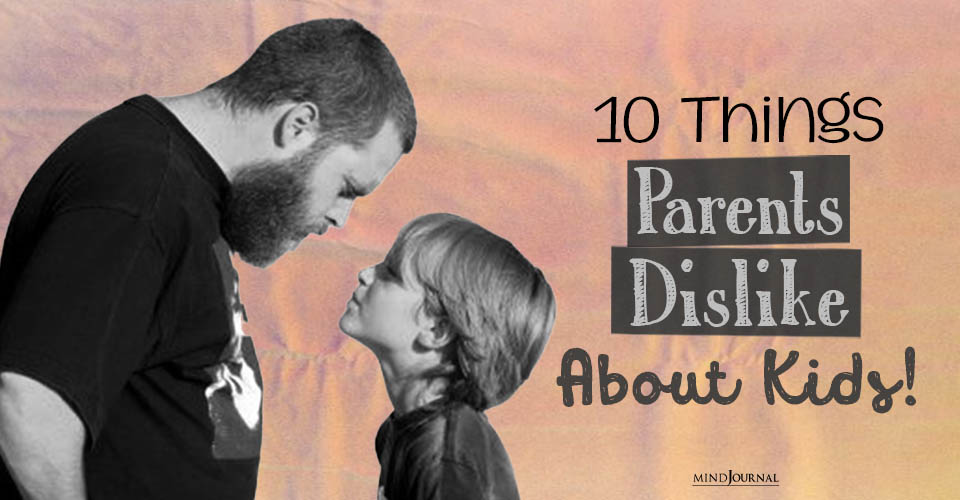
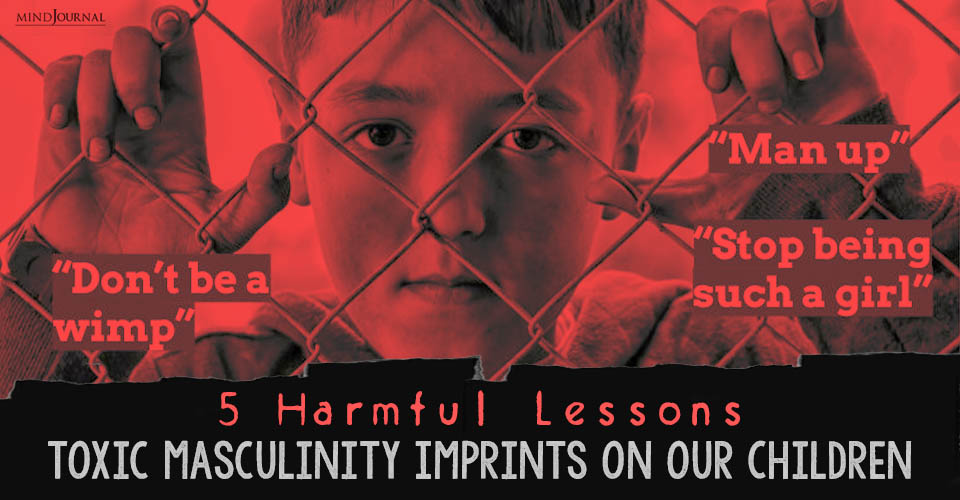


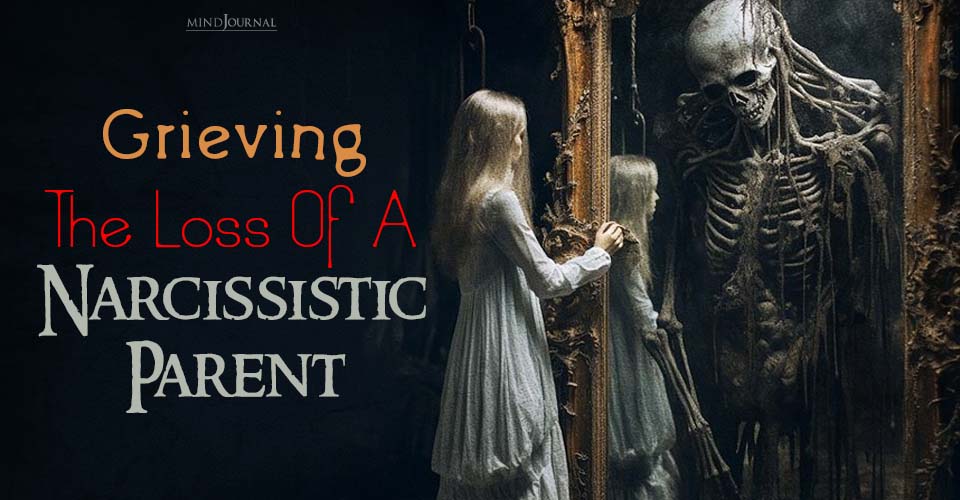
Leave a Reply
You must be logged in to post a comment.